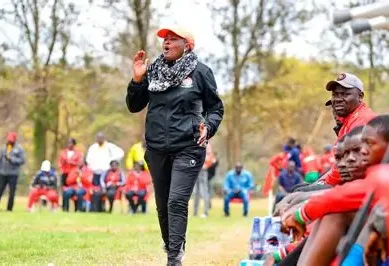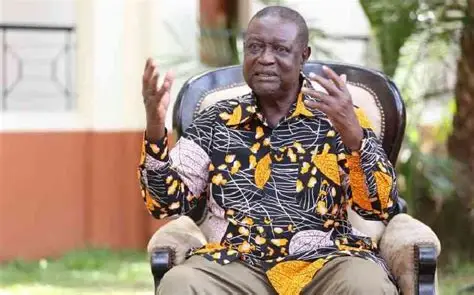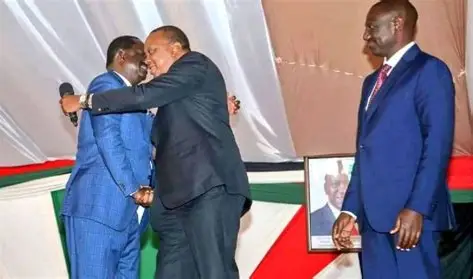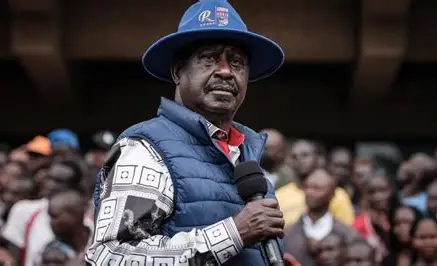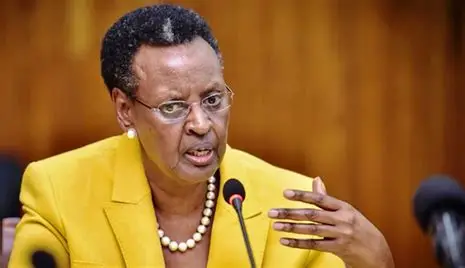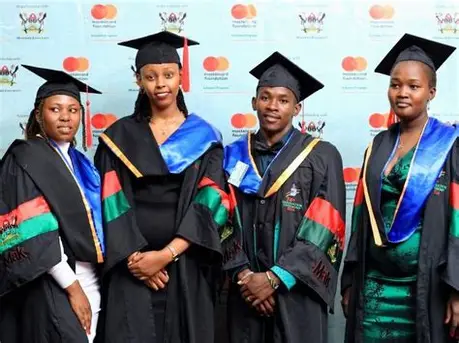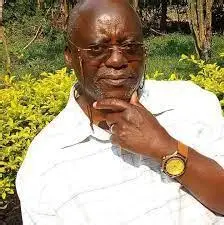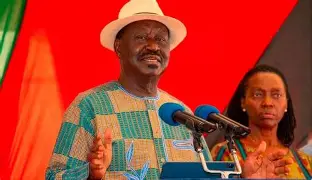How youth-led uprisings are becoming central in protection of democratic resilience in Africa
Protests which began with frustrations with service delivery expanded to systemic demands for accountability and ultimately regime change. Where narrow political economic settlements exclude the electorate they are meant to serve, democratic risks and vulnerabilities are illuminated. When elite political cultures prioritise rent-seeking and exclude the broader populace, the outcome is heightened disgruntlement buttressed
ODM capture: Why President Ruto moved with speed to install Raila Odinga’s elder brother acting leader of Kenya’s main opposition party
The factions in ODM seem to be trying to answer the question: which Raila is authentic? The one who fought for change in Kenya or the one who propped up Ruto’s falling regime?
Judas kiss: Like Jesus Christ and Mandela, Raila Odinga was buried by enemies who gave his allies a cold shoulder
When Raila’s father Jaramogi Oginga Odinga died, I wrestled my way to his coffin and viewed his remains. Raila being more powerful and fully embraced by the bourgeoisie locks us out more firmly because in a class society, “successful” progressives are buried by their enemies. Indeed, success in class society is joining the class and being owned by them.
Evidence from refugee camps in Kenya and UK qualify ‘black markets’ symbolise resistance to oppression and subjugation
I witnessed the same thing in my research on how economies emerge and grow in refugee camps, conducted in Kakuma in Kenya. People in search of safety – from war, persecution, disaster or hunger – end up in camps with inadequate services and poor opportunities.
Au revoir Raila Odinga: You fought a good fight, finished the race and kept the faith in East Africa
It is not farfetched for one to assert that Kenya remained secure, peaceful and stable because of the ease with which Raila Odinga played his politics of alliances. He struck a political alliance with President Uhuru Kenyatta in what was called “The Handshake”. Uhuru was able to complete two terms as President of Kenya.
How for 63 years successive regimes in Uganda inverted political pluralism in favour of economic crimes they celebrate every October 9
Uganda marked her 63rd Independence Day on October 9, 2025. At 76, I was one of the few people living in Uganda today who were old enough on October 9, 1962, when the colonial British government handed the instruments of power to Apollo Milton Obote. I was 12 years. We...
Dear Ugandans, a university degree is healthy pursuit but it’s not a licence or right to complacency
Degrees will be good not necessarily in the equation of AI. We should all prepare to accommodate AI as tool that will improve the way we do things for the benefit of humanity. It is wisdom to do so. Rote political thinking and action in leadership and governance will soon be a thing of the past.
How Museveni’s ‘garbage in, garbage out’ politics stunts Uganda’s knowledge industry
In the case of the knowledge workers of Uganda (teachers, lecturers and professors) and the National Resistance Movement (NRM) government since 1986, there has been a mismatch between the two contending entities regarding resolution of conflicts in the education system in general and the universities and schools in particular.
Under surgeon’s knife: The six times I’ve gone through surgery were excruciating, but nothing compares to when a cockroach lodged in my ear
My sixth surgery was on September 10, 2925, at Uro-Care Hospital in Nansana. I was nearly two months into my 76th year. Very early, Dr Steven Watya, the proprietor of the hospital, warned me I might have to undergo surgery on my prostate.

